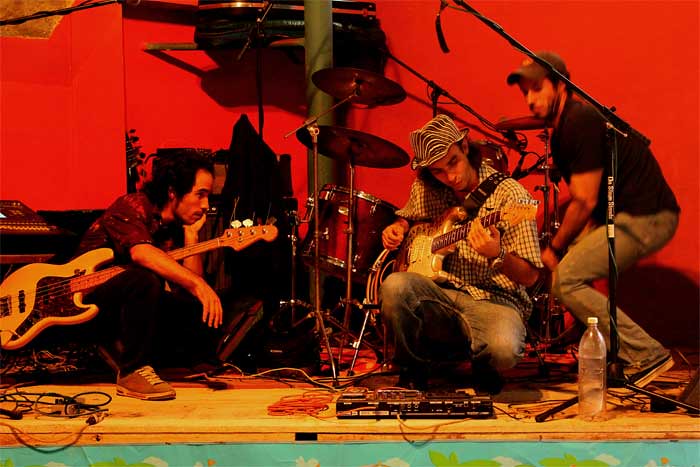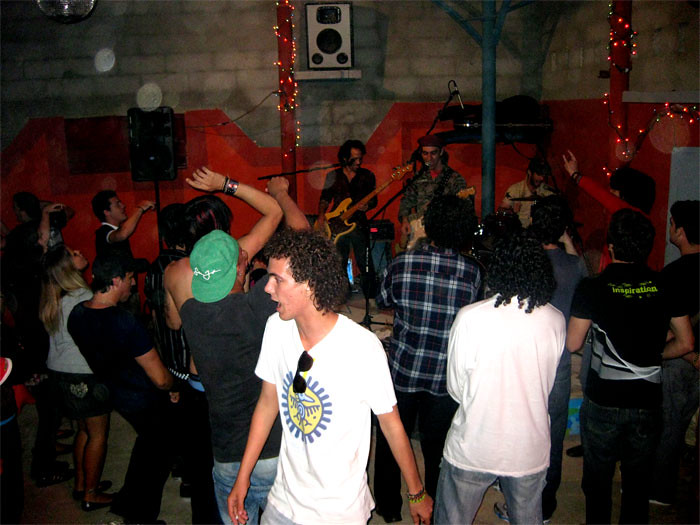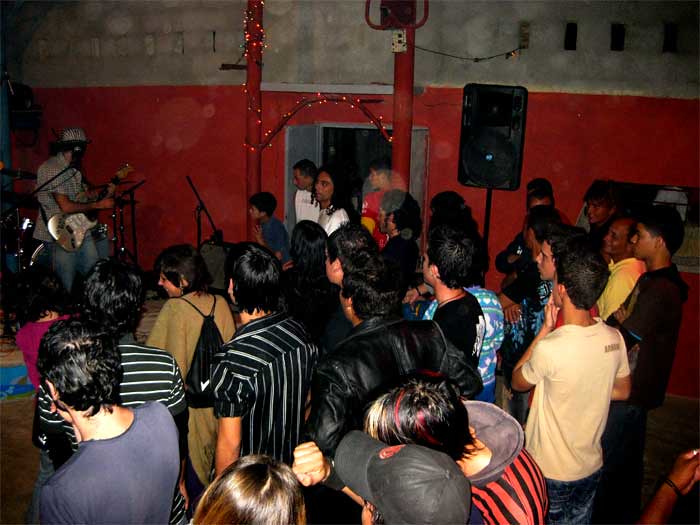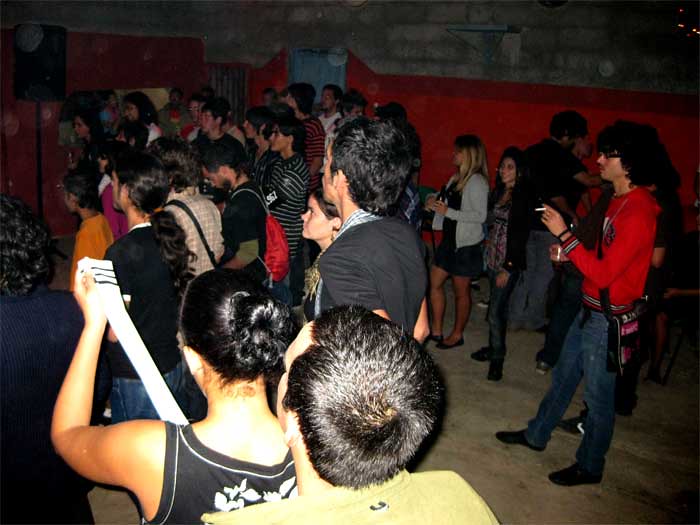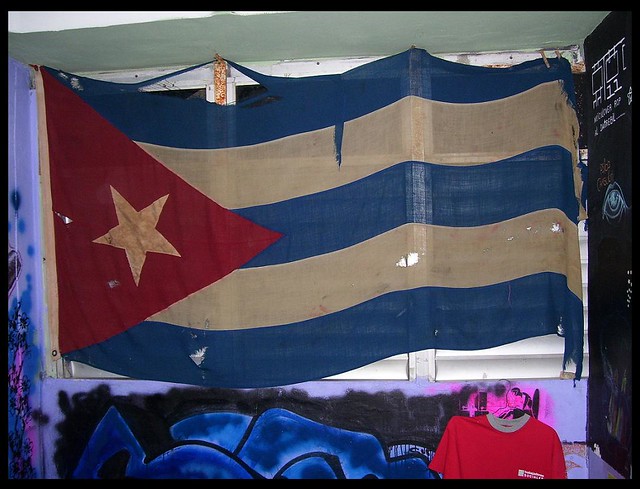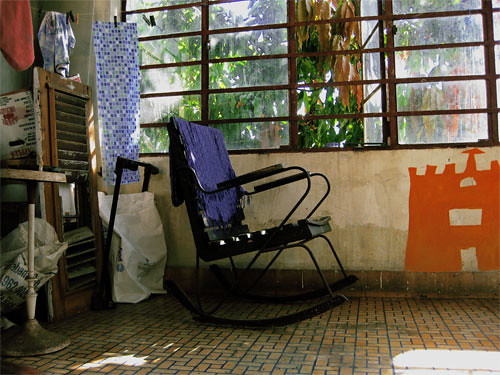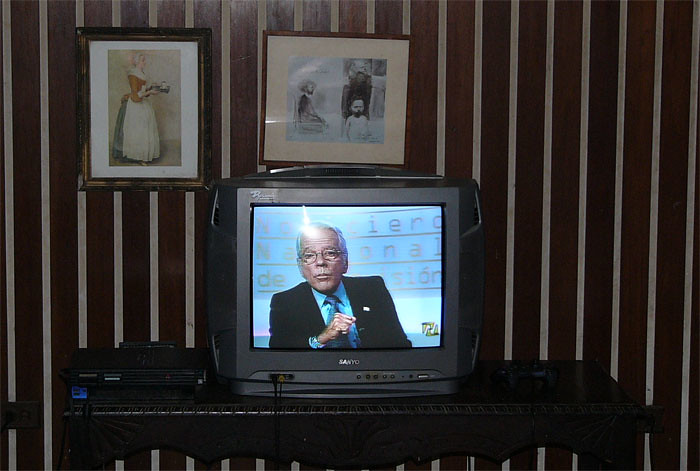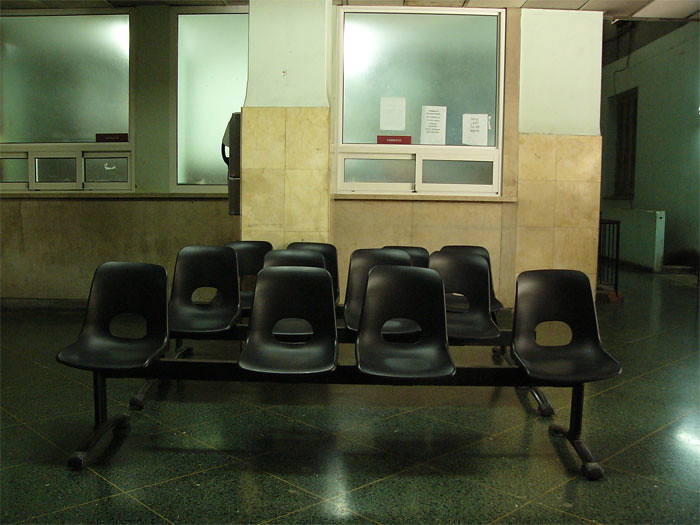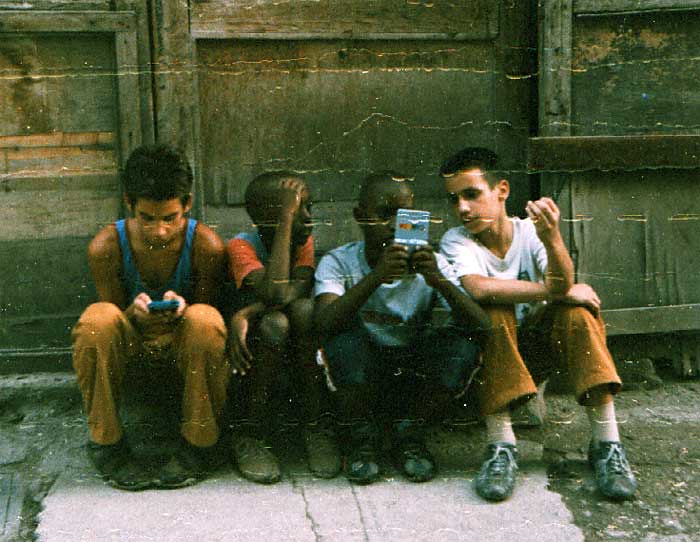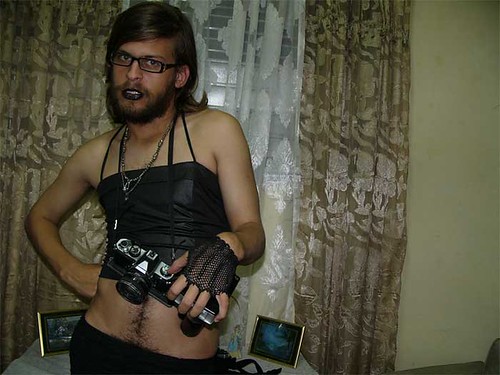
If, instead of having a personal blog, I had decided to post fictional stories, my last visit to the Provincial Prosecutor would be one in which the protagonist ends up in the hospital, a victim of horrible back pains. The doctor would permanently prohibit her from stepping foot in any ministry ever again, because her backbone would break under the weight of the bureaucracy. The protagonist would argue her thousands of needs, but the doctor would be blunt: Not one ministry more, not even by phone may you lighten the load.
But I am not writing fiction, so I will relate -- omitting the cervical pain -- my latest adventures regarding my
complaint about the apartheid during the "Ninth Exhibition of Young Filmmakers." I have not been to see any doctor to advise me to tell them all to go to hell, but rather the excellent lawyers of the
Cuban Law Association who, on the contrary, encouraged and supported me in everything, so I will tell you here of some of my beautiful mornings at the Provincial Prosecutor at 25th and F in Vedado.
Under the law, the prosecutor has a period of sixty days to give me an answer, and this period having long expired, they are in breach of the law. My complaint is already eight months old, so when I arrived Friday morning with my attorney, Dr. Vallin, to ask for an explanation, a rush up the stairs to a receptionist whose face looked like she’d seen the devil, gave me to understand that my case was not even remotely nearing completion.
 |
| Logo of Cuban Law Association |
However, I do have the honor of truth, and I recognize that appearing with Doctor Vallin before a law collective, a prosecutor, or in court, is the equivalent of walking through Hollywood holding hands with Brad Pitt. Given this, our country’s
Minister of Justice has hired two lawyers to defend herself from mine.
So it was that an hour after we sat ourselves down to wait, the prosecutor who had issued
this document under the stairs almost at the back -- I know it sounds complicated but human limits have not yet been defined -- and from the back also announced by telephone to someone, my paper in her hand, that this was certainly her signature but she had not the remotest memory of having signed it. She then said goodbye to the receptionist and left.
On her side, the poor receptionist -- in order not to have that hot potato in her hand, that is to say, me -- sent me to go inquire at the public waiting room. When she saw that Dr. Vallin rose with me, she sighed in resignation. She said -- in a nicer way -- that the prosecutor on the case was on vacation, that there was a new girl in the file room who had no idea where the documents were, and that probably those who had undertaken the act of repudiation in front of the Chaplin cinema were military; I’m not sure why she was telling me this last part. Given the irrefutable fact of the expired time, she asked for our patience and would we come back on Tuesday at 8:30 in the morning.
On Tuesday morning she acknowledged us right away, despite the fact that my case has not been answered the whole world is aware of it. This time the wait was about an hour and a half, more or less. When the secretary sent me to the first floor she said, literally,
“Go up alone.”
“I prefer to go with him.”
Everyone knows that without an attorney you won’t even make it to first base. In addition, given the choice of going up without Dr.Vallin, and not going up at all, I prefer the latter. There we were seen by another prosecutor: my prosecutor is still on vacation and, IF there is an answer in my case, the fact is they don’t know because she’s on vacation. Such is life, although the law is not very clear about it.
Before I leave, the secretary draws up a claim report. They called me on the phone to let me know what is happening with my case (the person who called today was not the person charged with my case) and a piece of paper extended the deadline to respond for sixty more days.




